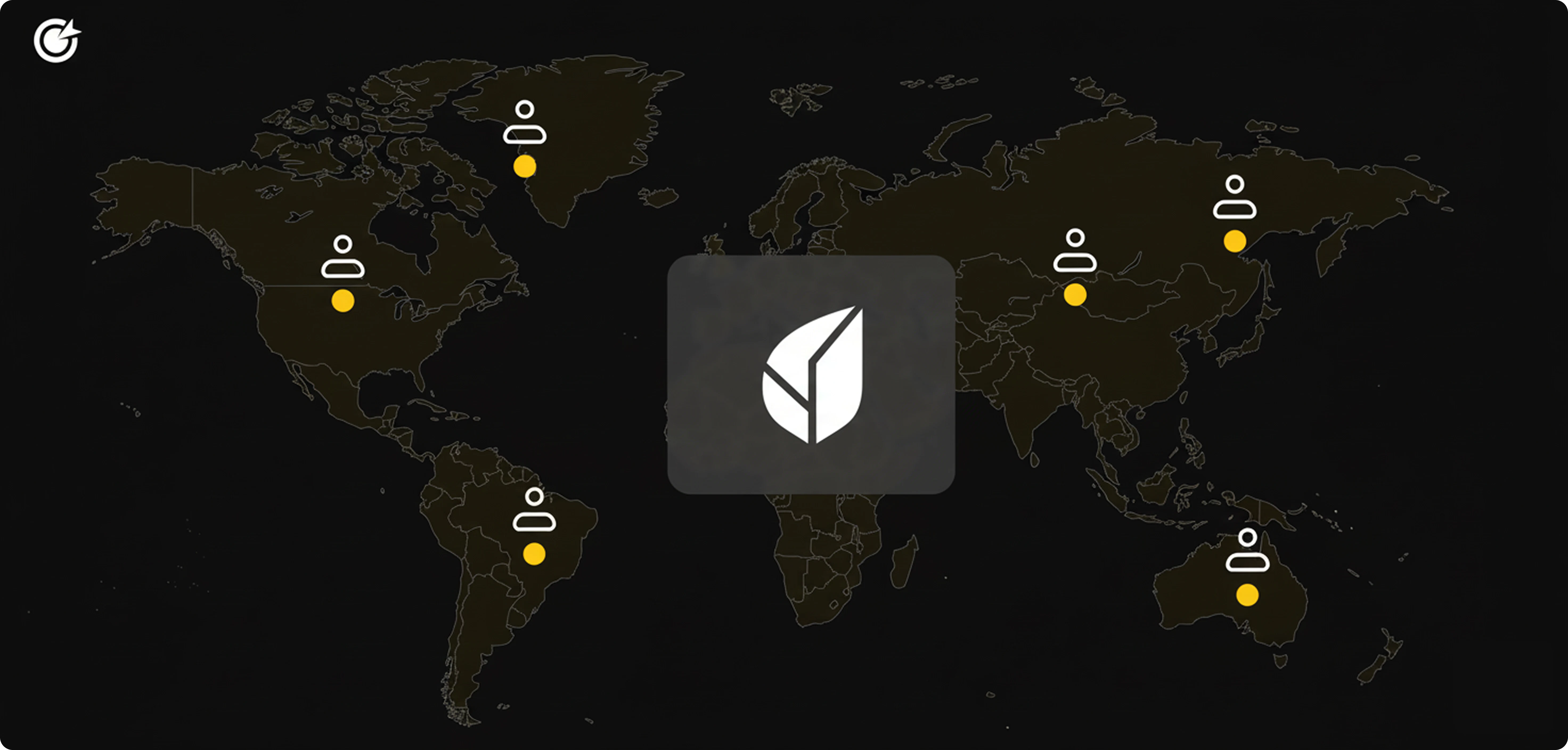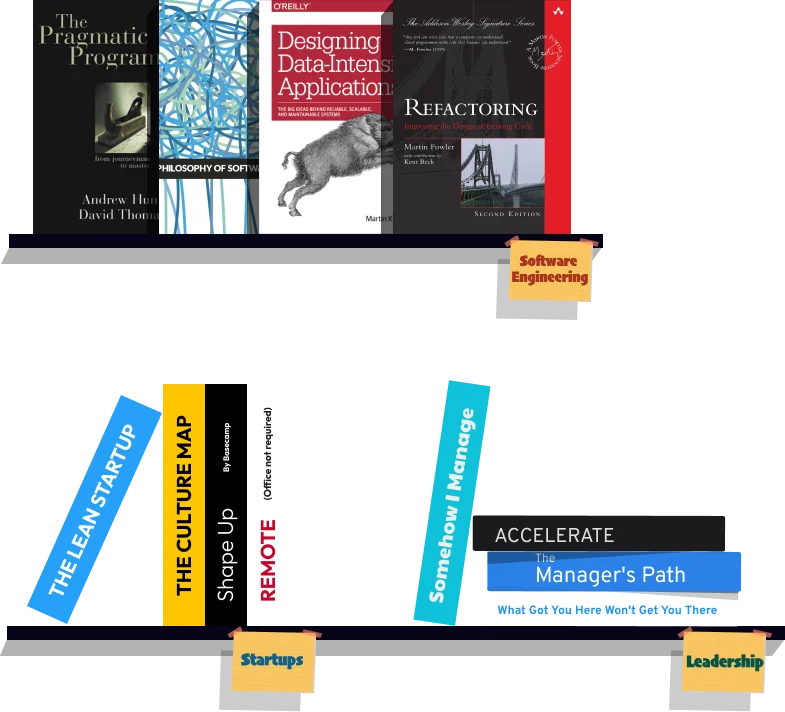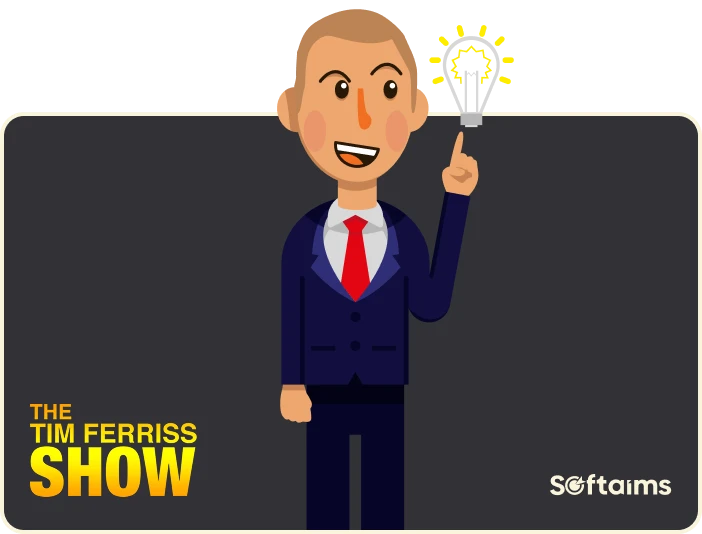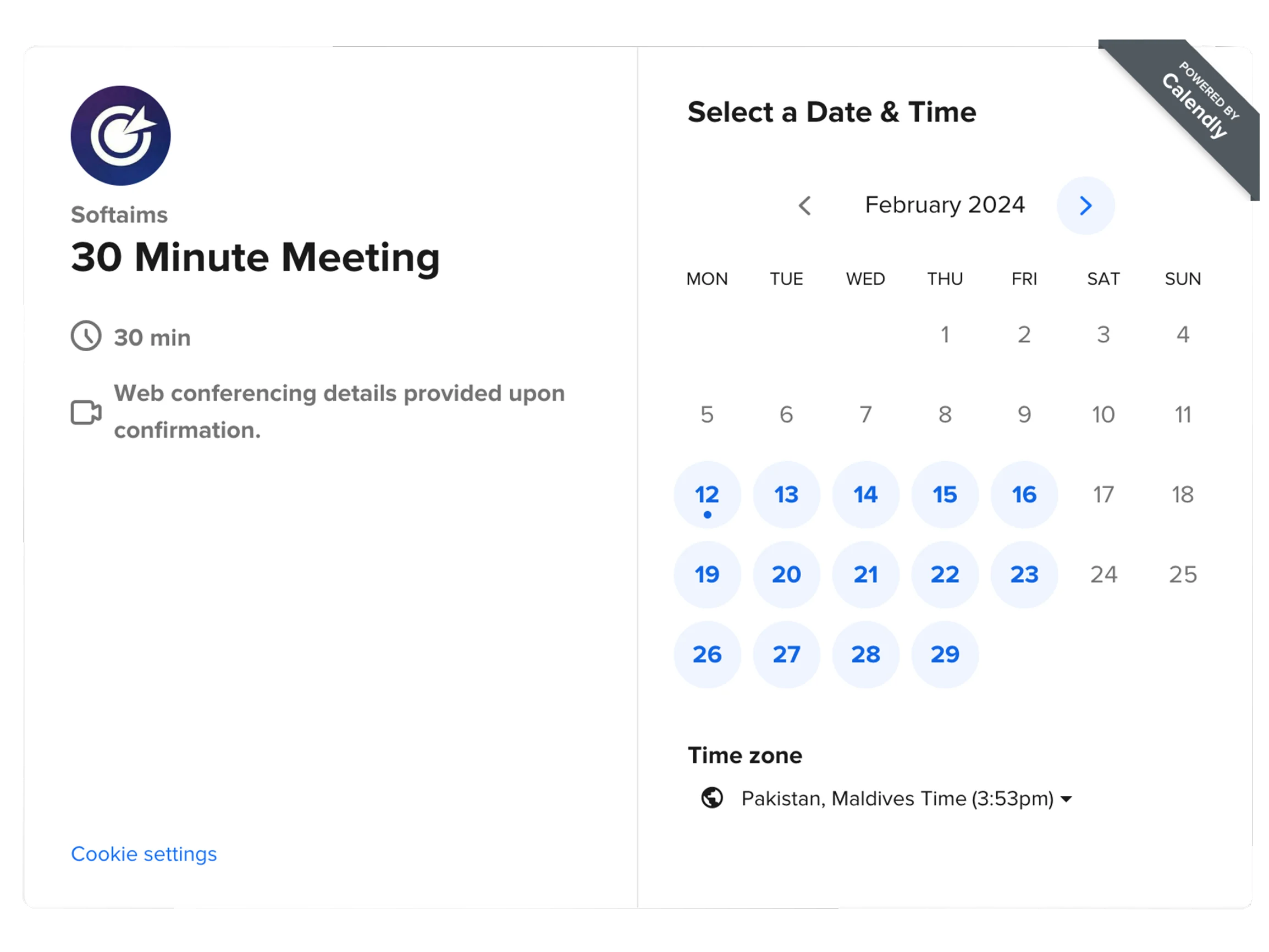The Flexibility and Scalability of MongoDB
A developer with MongoDB expertise is a backend or full-stack engineer who specializes in building applications with the world's most popular NoSQL, document-oriented database. They leverage MongoDB's flexible data model and powerful query language to build highly scalable, agile, and data-driven applications that can evolve quickly with changing business requirements.

Hiring for this role means bringing in a professional who understands how to work with data in a more fluid, object-oriented way than a traditional relational database allows. Their skills are crucial for building modern applications, especially those that deal with unstructured or semi-structured data, and for creating systems that can easily scale horizontally to handle massive amounts of traffic.
NoSQL and Document Model Fundamentals
A proficient MongoDB developer must have a deep, foundational understanding of the principles of NoSQL databases and the document data model. They need to be able to clearly articulate the advantages of a flexible schema and the trade-offs compared to the rigid structure of a relational (SQL) database.
They must think in terms of collections and BSON documents (a binary representation of JSON) rather than tables and rows. A key skill is understanding that related data can often be embedded within a single document, which is a fundamental concept that can lead to highly performant queries by avoiding the need for joins.
Data Modeling in MongoDB
While MongoDB's schema is flexible, that does not mean that data modeling is unimportant; in fact, it's a critical skill. A top-tier candidate must be an expert at designing data models that are optimized for the application's specific query patterns. They need to understand the trade-offs between embedding related data and using references (normalization).
They should be familiar with common MongoDB data modeling patterns, such as the subset pattern for large documents or the extended reference pattern. The ability to design a data model that balances query performance, data consistency, and the size of the documents is a key indicator of an experienced and strategic developer.
The MongoDB Query Language and CRUD Operations
A candidate must have a mastery of the MongoDB Query Language (MQL). They need to be experts at performing CRUD (Create, Read, Update, Delete) operations using the native shell or a language-specific driver. This includes writing complex queries with a wide range of query operators (like $gt, $in, and $regex).
They should be able to write sophisticated queries to find documents that match specific criteria, such as db.collection.find({ status: "active", age: { $gte: 21 } }). Proficiency with projection to return only the necessary fields from a document is also a key skill for optimizing query performance.
Indexing for Performance
The key to a high-performance MongoDB application is a well-designed indexing strategy. A skilled developer must have a deep understanding of how indexes work in MongoDB and how to use them to dramatically speed up query performance. They need to be able to identify slow queries and add the appropriate indexes to support them.
This includes knowing the different types of indexes and when to use them, such as single-field, compound, and multikey indexes (for arrays). The ability to use the explain() method to analyze a query's execution plan and verify that it is using an index correctly is a non-negotiable skill for any professional MongoDB developer.
The Aggregation Framework
For complex data analysis and reporting, a developer must be proficient with the powerful MongoDB Aggregation Framework. This framework provides a way to process data through a multi-stage pipeline, allowing for advanced data transformations, grouping, and computations that are not possible with a simple find() query.
They should be able to construct an aggregation pipeline with multiple stages, such as $match for filtering, $group for aggregating data, and $sort for ordering the results. Mastery of the aggregation framework is what allows a developer to perform complex server-side data analysis directly within the database.
Using MongoDB with a Primary Language
A MongoDB developer is always also a developer in another backend language. They must be proficient at using an official MongoDB driver for their language of choice, such as the Node.js driver, PyMongo for Python, or the Java driver. They need to be able to connect to the database and perform all necessary operations from within their application code.
For developers in the Node.js ecosystem, experience with an Object-Document Mapper (ODM) like Mongoose is a highly valuable skill. Mongoose provides a schema-based solution for modeling application data, which brings a level of structure and validation that can be very helpful in large applications.
Replication and High Availability
For any production application, high availability is a critical requirement. A well-rounded MongoDB developer must have a solid understanding of how replication works in MongoDB. They need to be able to explain the concept of a replica set, which consists of a primary node and several secondary nodes that keep a copy of the data.
They should understand how a replica set provides redundancy and enables automatic failover, where a secondary can be elected as the new primary if the current one becomes unavailable. This knowledge is essential for building a resilient and fault-tolerant application.
Sharding and Horizontal Scaling
One of the primary reasons companies choose MongoDB is for its ability to scale horizontally. For applications with extremely large datasets or very high write throughput, a senior developer should understand the principles of sharding. Sharding is the process of partitioning data across multiple servers (or shards).
While they may not be a dedicated DBA, they should be able to explain how sharding works at a high level, including the role of a shard key. This knowledge is crucial for designing applications that can scale to handle massive amounts of data and traffic, which is a key strength of the MongoDB architecture.
MongoDB Atlas and The Cloud Ecosystem
The vast majority of modern MongoDB deployments are on the cloud. A candidate must have hands-on experience with MongoDB Atlas, the official fully-managed, multi-cloud database-as-a-service. They should be comfortable provisioning a new cluster, configuring security settings, and using the built-in monitoring tools.
Experience with the other features of the Atlas platform, such as Atlas Search for full-text search or Atlas App Services for serverless functions, is a huge plus. Familiarity with Atlas is often a key requirement, as it dramatically simplifies the operational overhead of running a MongoDB deployment.
How Much Does It Cost to Hire a MongoDB Developer
The cost to hire a developer with strong MongoDB expertise, typically a backend or full-stack engineer, is competitive and reflects the high demand for skills in modern, scalable database technologies. The salary is influenced by their geographic location, overall years of engineering experience, and their proficiency with the broader ecosystem, including cloud platforms and a primary backend language.
Tech hubs in North America and Western Europe typically lead in salary expectations. The following table provides an estimated average annual salary for a mid-level developer with strong MongoDB skills.
| Country |
Average Annual Salary (USD) |
| United States |
$132,000 |
| United Kingdom |
$88,000 |
| Germany |
$85,000 |
| Canada |
$102,000 |
| Australia |
$98,000 |
| Poland |
$60,000 |
| Ukraine |
$56,000 |
| India |
$40,000 |
| Brazil |
$50,000 |
| Israel |
$110,000 |
When to Hire Dedicated MongoDB Developers Versus Freelance MongoDB Developers
Hiring a dedicated, full-time developer with MongoDB expertise is the right choice when MongoDB is the primary database for your core, long-term application. A dedicated team member can take ownership of the data model, query performance, and the long-term scalability of your data layer. This is an essential role for a data-intensive product.
Hiring a freelance MongoDB expert is a more tactical decision, perfect for specific, well-defined projects. This is an ideal model for migrating a database from a relational system to MongoDB, designing the initial data model for a new project, or getting expert help to optimize the performance of a slow query. Freelancers can provide a burst of specialized expertise on demand.
Why Do Companies Hire MongoDB Developers
Companies hire MongoDB developers for two primary reasons: flexibility and scalability. MongoDB's flexible, document-based data model allows for a much more agile development process. Developers can iterate on their application's features and change their data model on the fly without being constrained by a rigid, predefined schema. This speed and flexibility are a major competitive advantage, especially for startups and fast-moving teams.
Furthermore, MongoDB was designed from the ground up for horizontal scalability. Its native sharding capabilities allow it to handle massive volumes of data and extremely high traffic loads by distributing the data and workload across a cluster of commodity servers. This makes it a go-to choice for building modern, large-scale applications that need to be able to grow to meet user demand.
In conclusion, hiring a top-tier MongoDB developer requires finding an engineer who has a deep and nuanced understanding of the document data model and its implications for performance and scalability. The ideal candidate will combine expertise in data modeling and the MongoDB Query Language with the practical skills needed to design, build, and maintain a high-performance, resilient, and scalable data layer. By prioritizing these skills, organizations can build powerful teams capable of leveraging the full potential of one of the world's leading NoSQL databases.



































